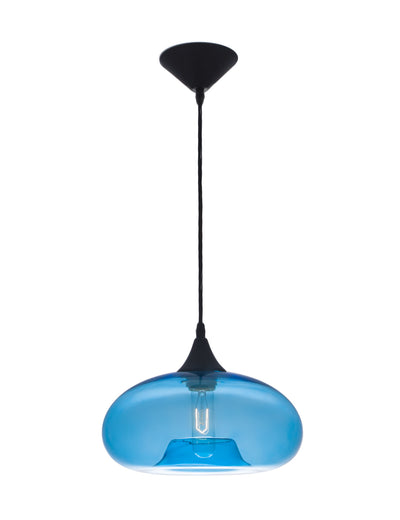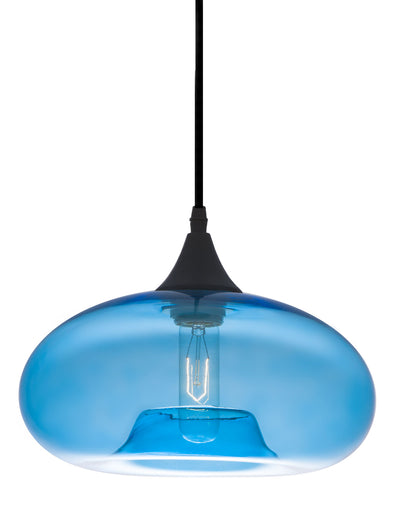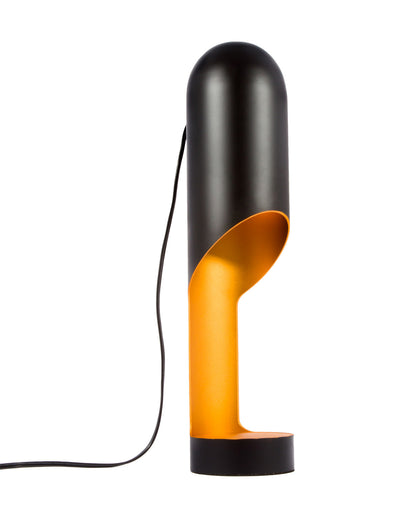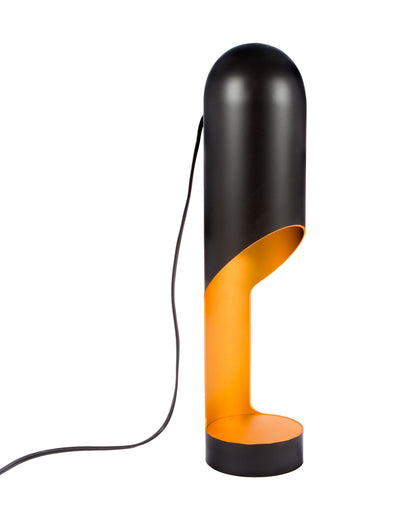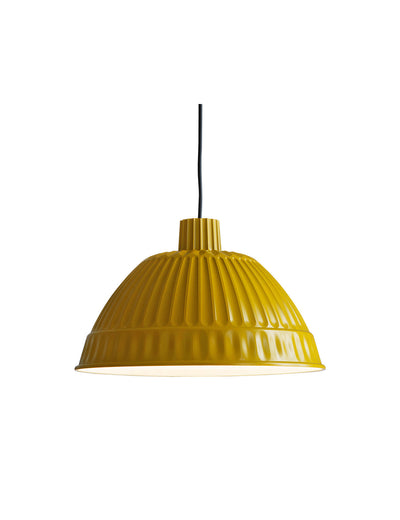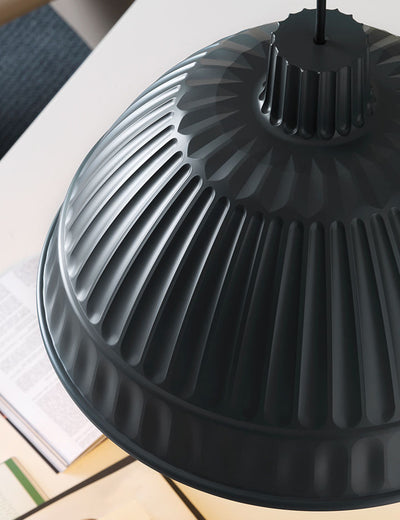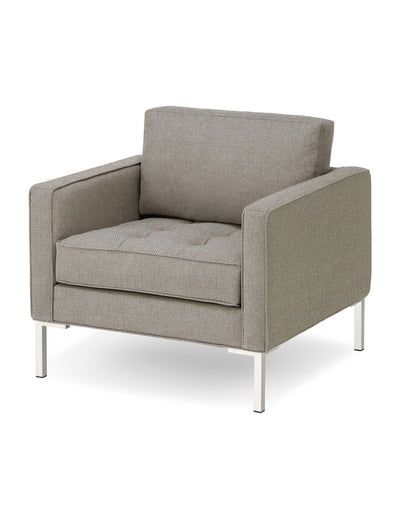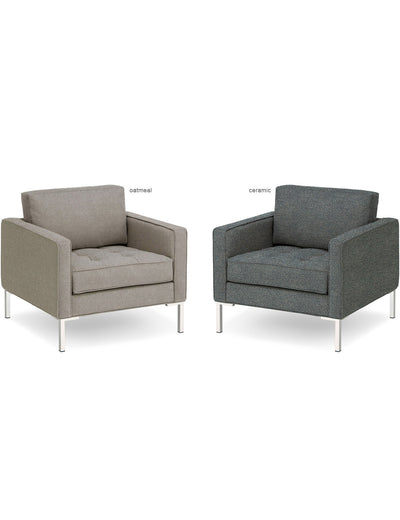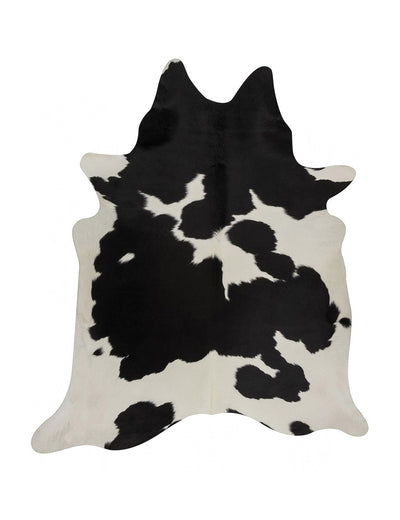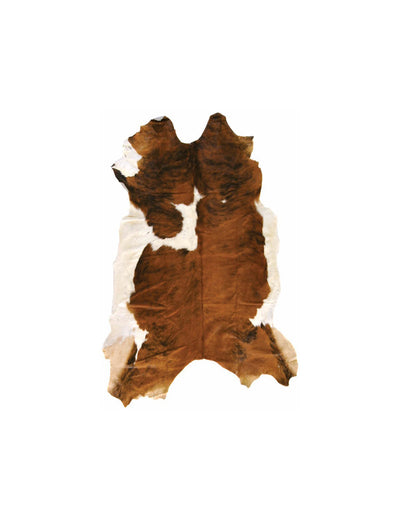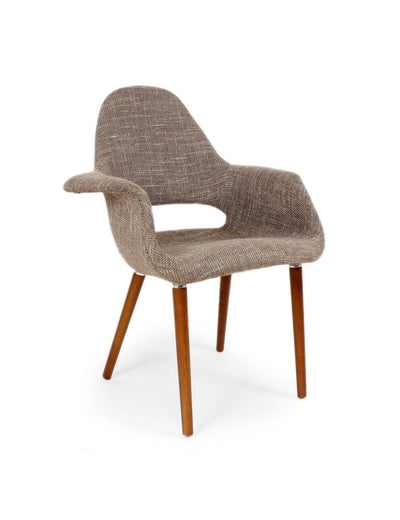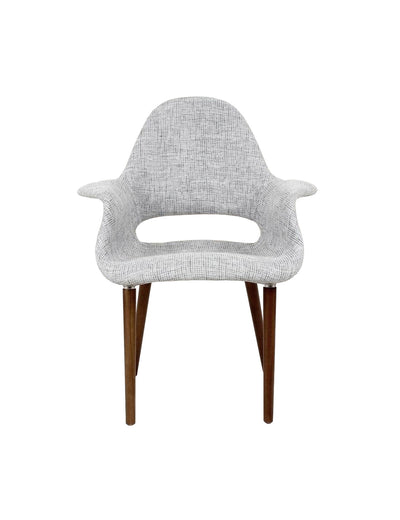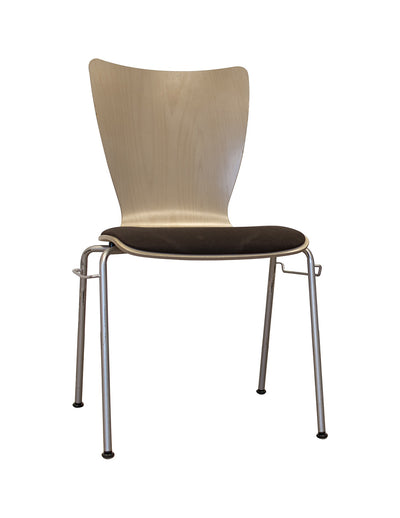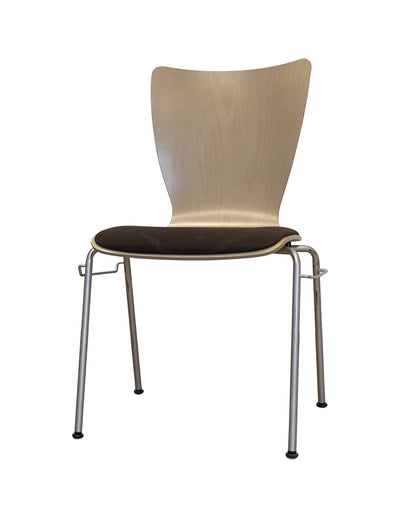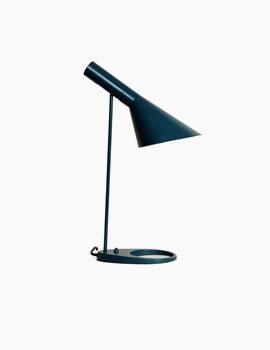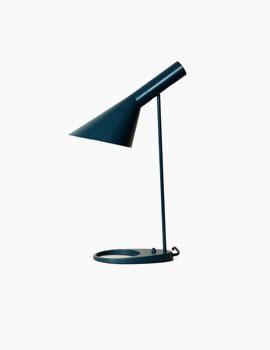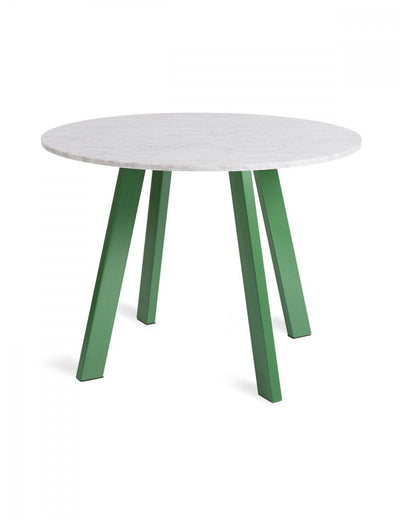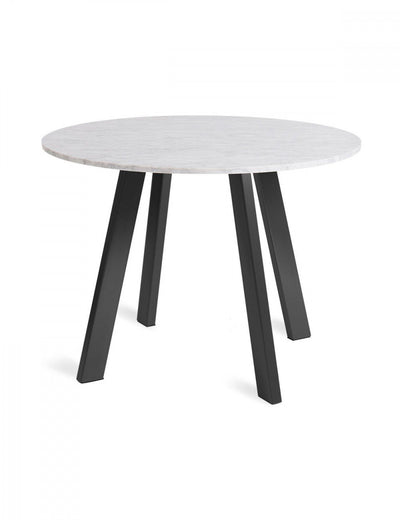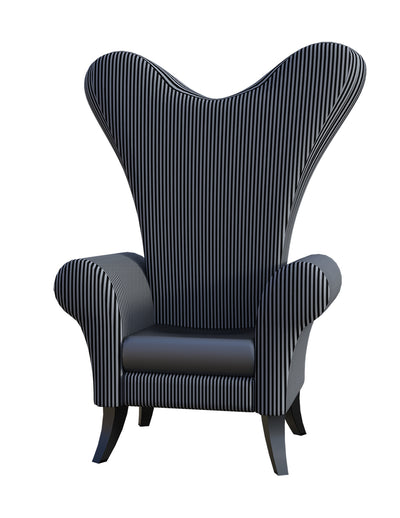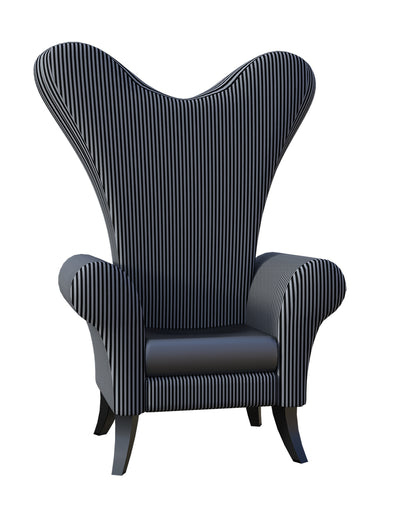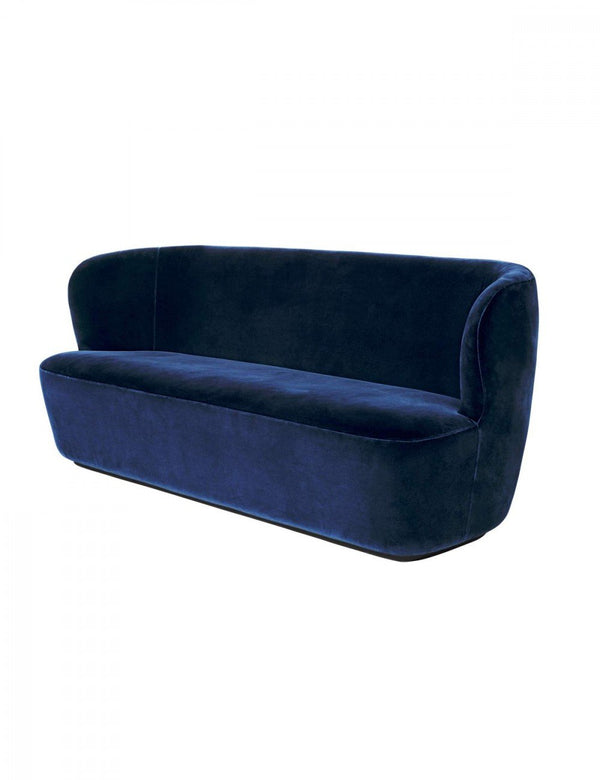
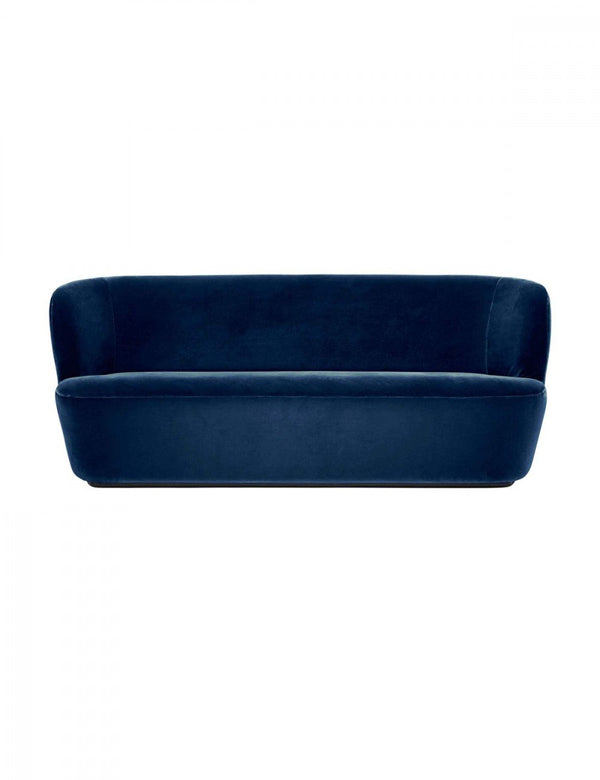
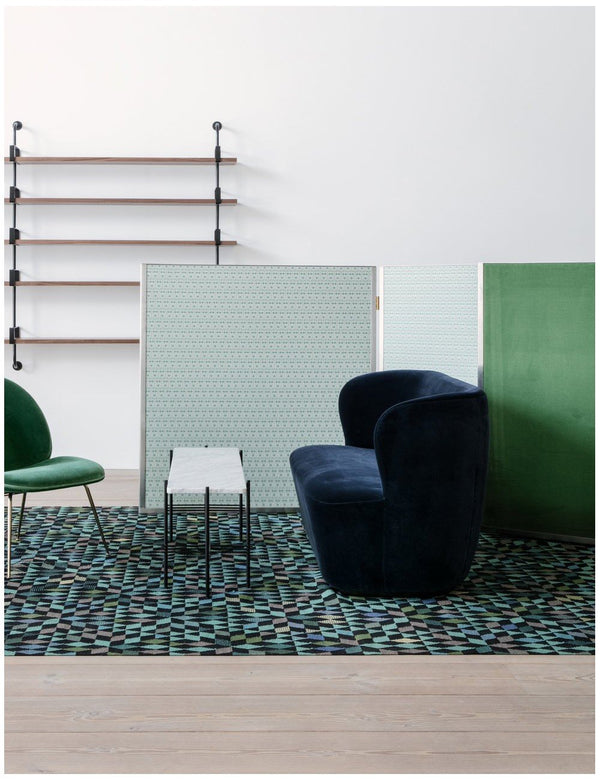
Blue vevelt sofa
Guaranteed Safe Checkout
A couch, also known as a sofa, settee, futon, or chesterfield (see history of the term below) is a piece of furniture for seating two or three people in the form of a bench, with armrests, which is partially or entirely upholstered, and often fitted with springs and tailored cushions.
Although a couch is used primarily for seating, it may be used for sleeping. In homes, couches are normally found in the family room, living room, den, or the lounge. They are sometimes also found in non-residential settings such as hotels, lobbies of commercial offices, waiting rooms, and bars. The term couch is predominantly used in North America, South Africa, Australia and Ireland, whereas the terms sofa and settee (U and non-U) are most commonly used in the United Kingdom.
The word couch originated in Middle English from the Old French noun couche, which derived from the verb meaning "to lie down". It originally denoted an item of furniture for lying or sleeping on, somewhat like a chaise longue, but now refers to sofas in general. The word sofa comes from Turkish and is derived from the Arabic word suffah ("ledge/bench"), cognates with the Aramaic word sippa ("mat").
Joseph Pubillones in A Little Shimmer Goes a Long Way specifies that the main difference between the couch and the sofa is that "couches can be used for reclining or laying upon" so a couch would "best be used to describe an upholstered piece in a family room", while the term sofa "used predominantly in England and Ireland denotes a tone of formality, hence a sofa is more appropriate word for the upholstered piece in the living room". The word settee or setee comes from the Old English word setl, which was used to describe long benches with high backs and arms, but is now generally used to describe upholstered seating. Other terms which can be synonymous with the above definition are chesterfield (Canada), divan, davenport, lounge, and canapé
Customer Reviews
No Video
While there isn't a law requiring ecommerce stores to have a Return Policy, you may need one if you wish to enforce your terms and parameters of returns and refunds.
For example, in the state of New York, if a retailer does not provide a Return & Refund Policy, the retailer will be required to accept returns and give refunds for all merchandise returned within 30 days of purchase. If you wish to limit this in any way, you will need to create and post a Return Policy with your own custom terms.
Another reason for having a Return Policy even if not required by law is that most consumers prefer to shop at retailers with a clearly-posted Return Policy. This is especially important when shopping online, as more issues are likely when purchasing something without being able to see it in person first. If you don't have a Return Policy, you may be at the mercy of state laws regulating return and refund timeframes. You may also lose potential customers who are concerned about not being able to return a product if they need or want to.
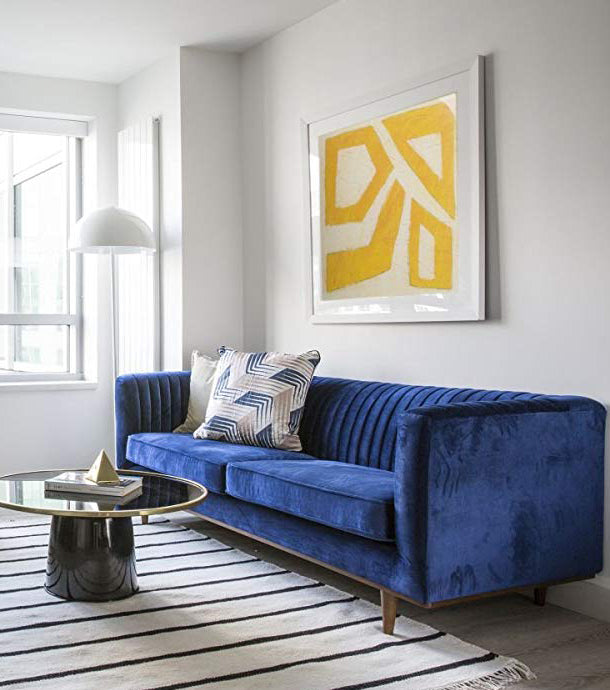
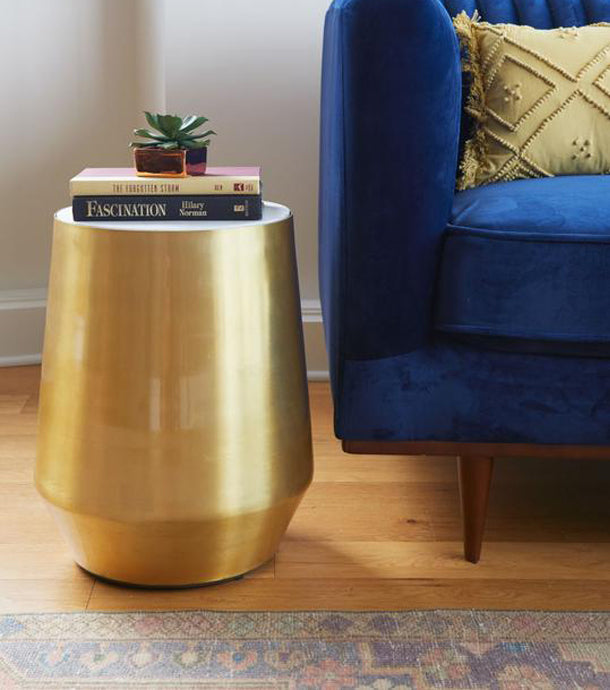
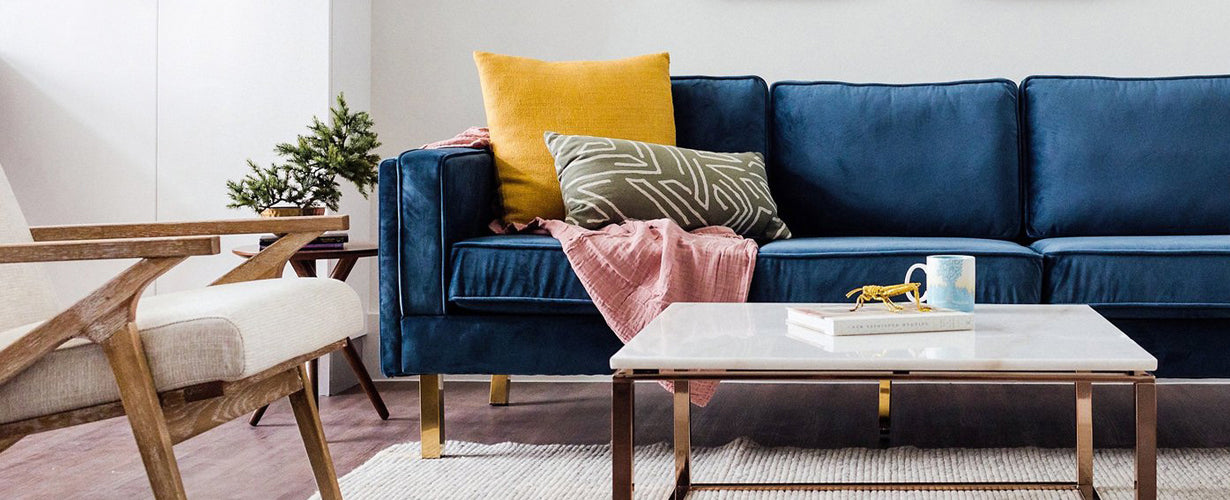
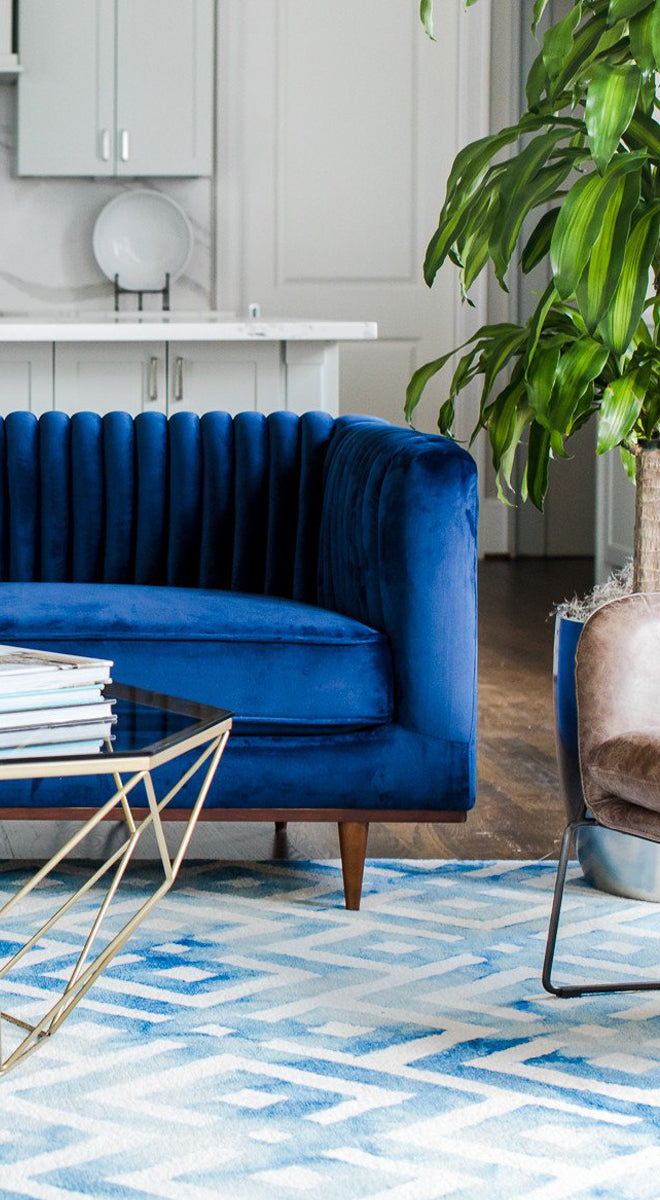
WorldWide
Guarantee
Payment
Policy
